Politics
The Minister of Foreign Affairs of the Republic of North Macedonia: VMRO-DPMNE inculcates Bulgarophobia, Europhobia and Albanophobia
According to him, there is no other way to the EU than changes in the Constitution
VMRO-DPMNE instills Bulgarian, Europhobic and Albanian phobia and thereby scares the citizens of North Macedonia, said the Minister of Foreign Affairs of the Republic of North Macedonia Bujar Osmani in an interview with Channel 5.
He expressed hope that the changes to the constitution, which are a condition for the European path of the country, can be voted in this parliamentary composition, but even if this does not happen, it must be worked on until the last moment to be convinced the citizens of North Macedonia that there is no alternative to the European path for the country.
“You have an opposition (VMRO-DPMNE) that does not lead, but follows. Chairman (Hristijan Mickoski), who follows the polls every day and formulates his positions based on that, riding the wave of public opinion. He doesn’t have his strategic position,” Osmani said, recalling the words of US Assistant Secretary of State James O’Brien, who criticized the opposition’s behavior in an interview during his visit to North Macedonia.
“If someone tells you: I have a better offer (for the constitutional changes), but I won’t tell you what it is now, this is a person you wouldn’t buy a car from,” O’ said in an interview with “360 degrees” Brian, who in Skopje met with the chairman of the opposition VMRO-DPMNE Hristiyan Mickoski.
In his interview with Channel 5, Osmani pointed out that in the next six months a way must be found for the constitutional changes to be voted on, and the guarantees from the EU that the opposition talks about exist in the negotiation framework, which “is the filter through which the Bulgarian demands pass “.
“We did not work to convince Bulgaria, but to build a wall between Sofia and Brussels so that their demands could not break through in Brussels. (When the negotiations start) Bulgaria may not follow the rules of the game, but under the existing rules (Bulgaria) cannot block (North Macedonia) for something that is not on the road maps. The protocol is not part of the negotiating chapters. We got the guarantees through the negotiation framework, in which the Macedonian language became a European language for the first time, without any additions (remarks and clarifications). A guarantee is the way in which the negotiating chapters are opened, in which there are no bilateral issues except the action plan for minorities, i.e. human rights and constitutional amendments. The guarantee is the resolution of the German Bundestag, the guarantee is the statement of the Bulgarian government that there will be no new demands. So you can come up with the need for millions of other guarantees, but this is the way,” said Osmani, when asked if he had talked to Bulgaria about the guarantee that VMRO-DPMNE wants to get that North Macedonia will not receive a veto from Bulgaria in the negotiation period.
According to the Minister of Foreign Affairs of North Macedonia, the action plan for minorities, which is part of the road map for the rule of law, “which does not apply to Bulgarians, but to all ethnic minorities under 20 percent, as there are Albanians” is already being developed at the level of experts and will be presented within the specified time limits.
“There has never been a more polarized society on the subject of the EU, and in the upcoming elections the “European front” and anti-European parties will clearly crystallize, and it is possible for the presidential elections that all political parties who believe that the European path of the country should be accelerated, unite around one candidate,” Osmani said.
And when asked if, after the parliamentary elections, the largest Albanian party DSI, of which he is the vice-chairman, could become a coalition partner of VMRO-DPMNE, which polls show has the greatest probability of winning, he replied that DSI ” is the custodian of the agreements from Ohrid, Prespa and with Bulgaria” and whoever disputes even one of them cannot be a partner of the party” with leader Ali Ahmeti.
Politics
Critical Oversight: ODIHR Prepares for Local Elections in Bosnia and Herzegovina
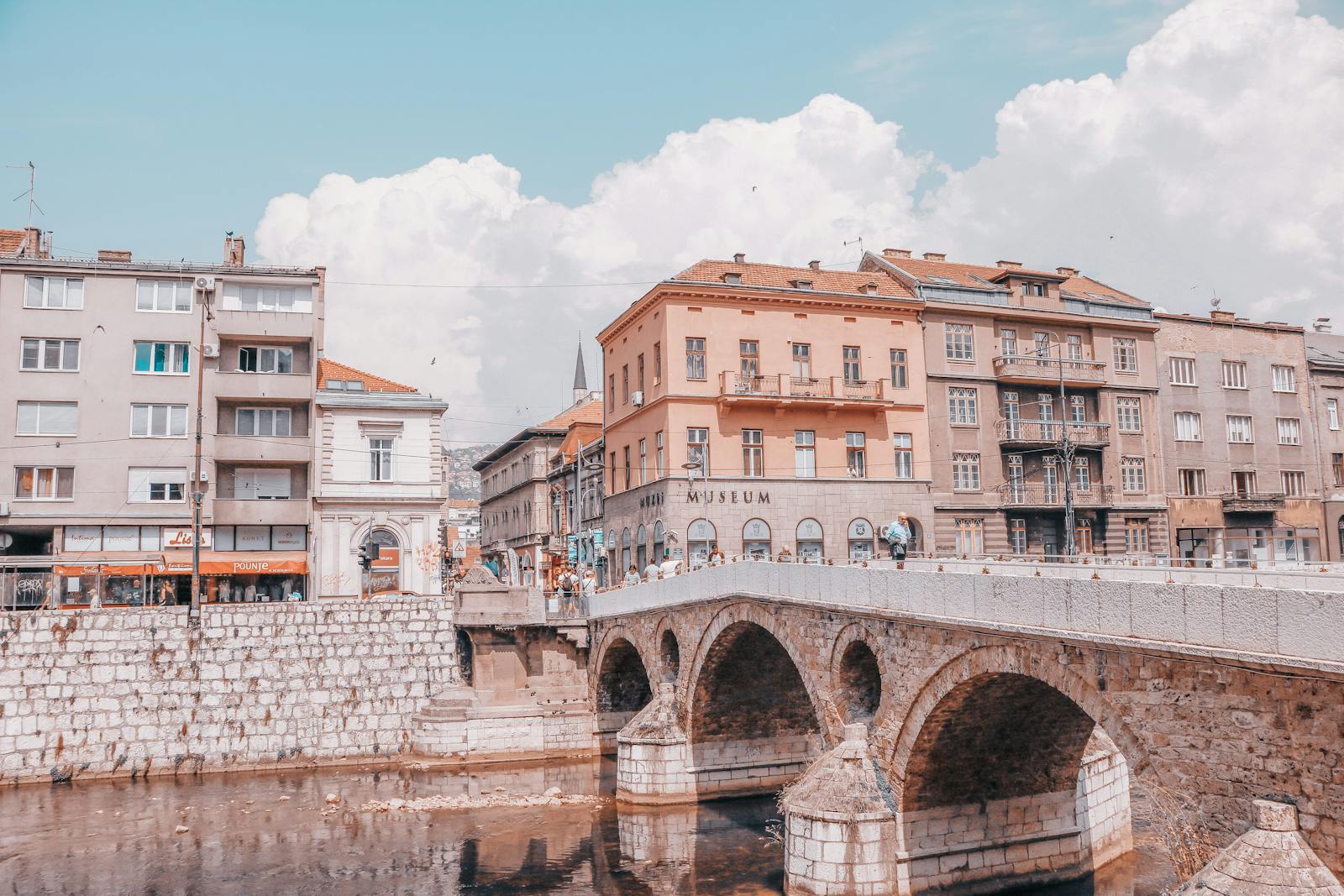
SARAJEVO, 30 August 2024 – In a critical step toward upholding democratic standards, the Organization for Security and Co-operation in Europe (OSCE) Office for Democratic Institutions and Human Rights (ODIHR) has officially opened an election observation mission in Bosnia and Herzegovina for the upcoming local elections scheduled for 6 October 2024. This initiative follows an official invitation from the national authorities and the results of a needs assessment mission conducted in May.
Heading the mission is Corien Jonker, who will lead a core team of 11 international experts based in Sarajevo. In addition, the mission will deploy 20 long-term observers throughout the country starting on 6 September. To bolster the observation efforts further, ODIHR plans to request an additional 300 short-term observers, who are expected to arrive several days prior to election day.
The primary objective of the mission is to assess the elections’ compliance with OSCE commitments, international obligations, and standards for democratic elections, as well as with the national legislation of Bosnia and Herzegovina. Observers will meticulously monitor key aspects of the electoral process, which includes both offline and online campaign activities, the performance of the election administration at all levels, the implementation of election legislation, and the overall respect for fundamental freedoms.
A significant focus will also be placed on evaluating the work of public and private media during the election period and monitoring the resolution of any election disputes that may arise. Additionally, observers will assess the implementation of previous ODIHR recommendations related to electoral processes in the region.
Integral to the observation mission is the engagement with a diverse array of stakeholders. This includes meetings with national authorities, representatives of political parties, civil society organizations, media entities, and members of the international community. Such interactions will provide vital insights into the electoral environment and the challenges faced during the election period.
To keep the public informed, the ODIHR will release an interim report approximately two weeks before the elections, detailing the mission’s observations and activities up until that point. Following the elections, a statement of preliminary findings and conclusions will be presented at a press conference the day after the polling. A comprehensive final report assessing the entire election process, complete with recommendations for future improvements, will be published in the months following the elections.
As Bosnia and Herzegovina approaches these crucial local elections, the ODIHR’s commitment to monitoring and assessing the democratic process underscores the importance of transparency and accountability in fostering a robust electoral environment.
Politics
German MEP Dennis Radtke takes on influential role in the European Parliament
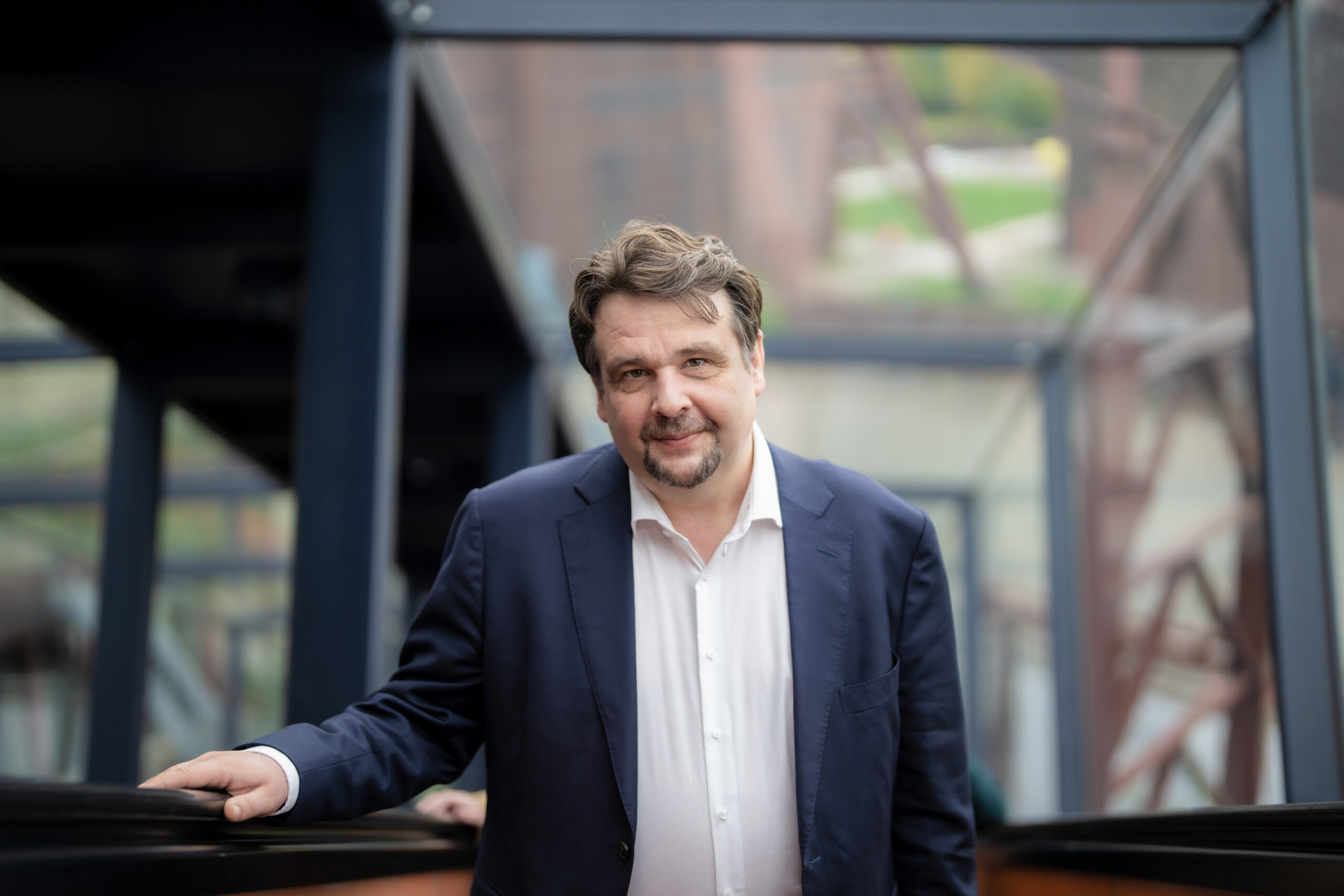
STRASBOURG/BRUSSELS/BERLIN/DÜSSELDORF/BOCHUM. Yesterday, Wednesday (17 July 2024), Dennis Radtke MEP from North Rhine-Westphalia (NRW) in Germany was confirmed as social policy spokesperson for the EPP Group in Strasbourg, where the European Parliament is being constituted this week.
“I am delighted to be able to continue to lead the EPP Group in the European Parliament’s Committee on Employment and Social Affairs (EMPL) and promote social policy issues,” said Dennis Radtke shortly after his election.
He also immediately formulated his clear ambition: “There is still a lot to do on the road to a more social Europe and we as the EPP Group want to play a leading role in this.”
According to the CDU politician, many projects have already been implemented: a European Minimum Wage, strengthening the rights of platform workers, social and climate funds and a European care strategy. “The great trust placed in me by my colleagues in the EPP Group motivates me strongly to continue actively working for a socially just Europe,” continued Radtke.
In his role as so-called coordinator of his political group, Dennis Radtke decides, for example, on the distribution of legislative and non-legislative reports and basically steers the work in the EMPL Committee.
One of Radtke’s next important projects for the new 10th parliamentary term of the European Parliament is to improve the protection of workers. “In its new mandate, the European Labour Authority (ELA) must be given every opportunity to enforce worker protection in the European Union, including across borders,” says the CDU politician.
Dennis Radtke is 45 years old, married and the father of two children. He comes from Wattenscheid (Bochum, Germany) and has been a member of the European Parliament since 2017. Radtke is a member of the Committees on Employment and Social Affairs (EMPL) and on the Environment, Public Health and Food Safety (ENVI).
The German CDU politician is President of the European Union of Christian Democratic Workers (EUCDW), Deputy Federal Chairman and North Rhine-Westphalian State Chairman of the Christian Democratic Workers’ Union (CDA), the CDU’s labour wing. At the CDA national conference on 14 and 15 September 2024 in Weimar (Thuringia), Dennis Radtke will run for the federal chairmanship of the CDA Germany in succession to Minister Karl-Josef Laumann MdL.
Politics
Roberta Metsola re-elected as President of the European Parliament
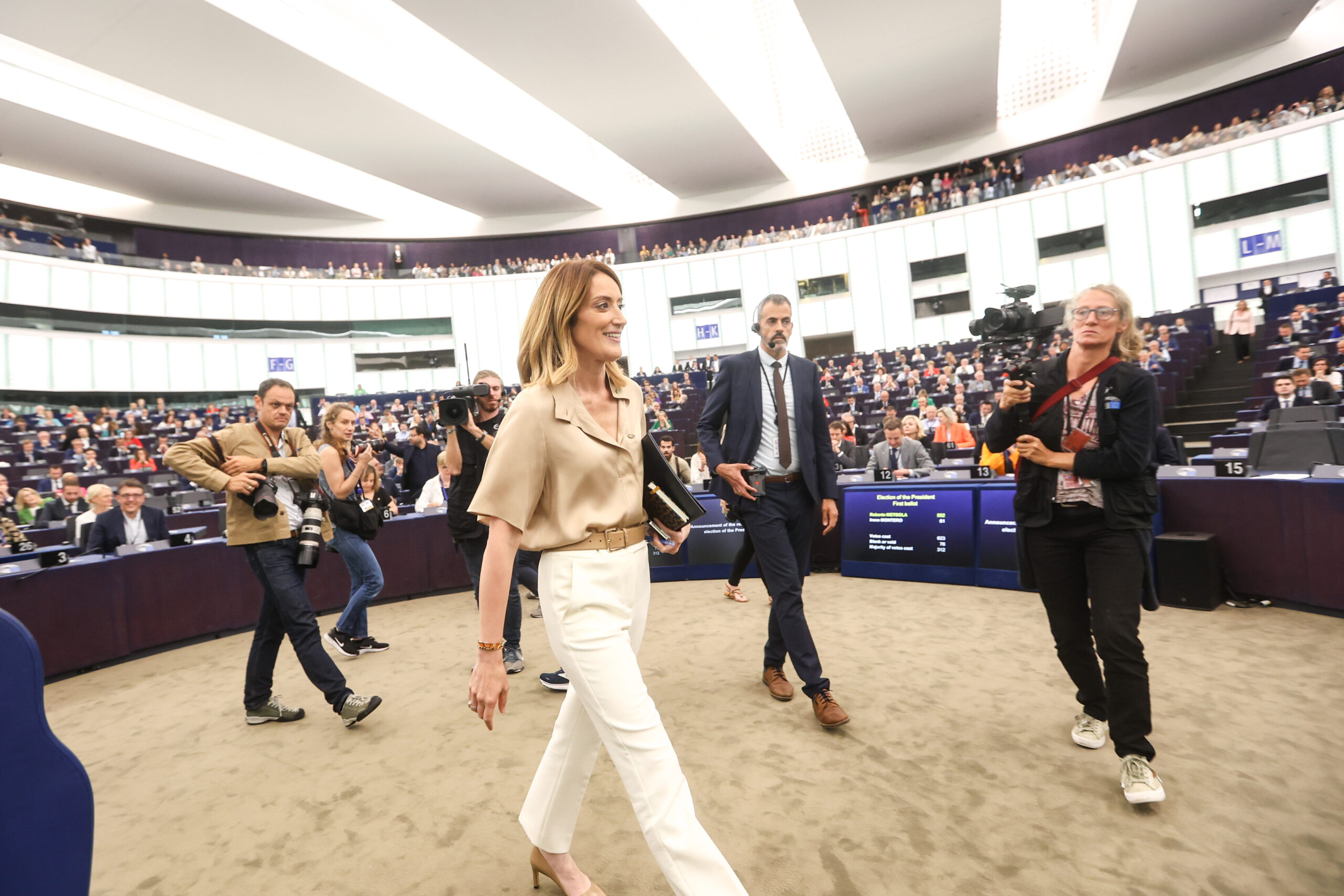
On Tuesday, MEPs re-elected Roberta Metsola (EPP, MT) as President of the European Parliament until 2027, with 562 votes in the first round.
Roberta Metsola won the election in the first round of voting, where she received an absolute majority of 562 votes cast out of 699 by secret paper ballot, among two candidates. She will continue to lead Parliament for the first two and a half years of the 10th legislative term.
Voting results
- Roberta Metsola (EPP, MT) 562
- Irene Montero (The Left, ES) 61
Total votes cast: 699
Blank or invalid votes: 76
Absolute majority needed: 312
Who is Roberta Metsola
Born in Malta in 1979, Roberta Metsola has been an MEP since 2013. She was elected First Vice-President in November 2020, and was Parliament’s acting President after President Sassoli passed away on 11 January 2022. On 18 January 2022, she was elected President for the second half of the 9th legislative term. She is the third female President of the European Parliament, after Simone Veil (1979-1982) and Nicole Fontaine (1999-2002).
Addressing the House after she was elected, President Metsola said: “Together, we must stand up for the politics of hope, for the dream that is Europe. I want people to recapture a sense of belief and enthusiasm for our project. A belief to make our shared space safer, fairer, more just and more equal. A belief that together we are stronger and we are better. A belief that ours is a Europe for all.”
A full version of the President’s address will soon be available on Parliament’s website.
-

 Sports5 days ago
Sports5 days agoOfficial: Juventus announces sixth purchase
-

 Sports6 days ago
Sports6 days agoInter on autopilot, everything easy with Lecce
-

 Health & Society5 days ago
Health & Society5 days agoThe intoxicated society
-
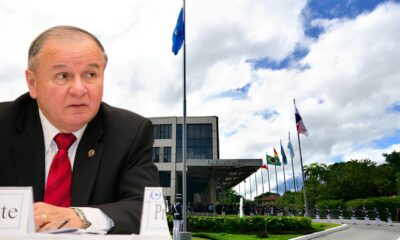
 Politics6 days ago
Politics6 days agoElias Castillo: A Stalwart of Latin American Legislative Leadership
-

 Sports6 days ago
Sports6 days agoGenoa passes in Monza with Pinamonti
-

 Sports4 days ago
Sports4 days agoBeautiful Juve: Vlahovic and youth rout Verona. Thiago Motta first
-

 Sports4 days ago
Sports4 days agoJuventus, Vlahovic: “Now we play a different game.”
-
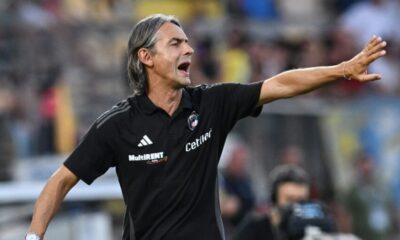
 Sports6 days ago
Sports6 days agoFilippo Inzaghi enjoys his Pisa










